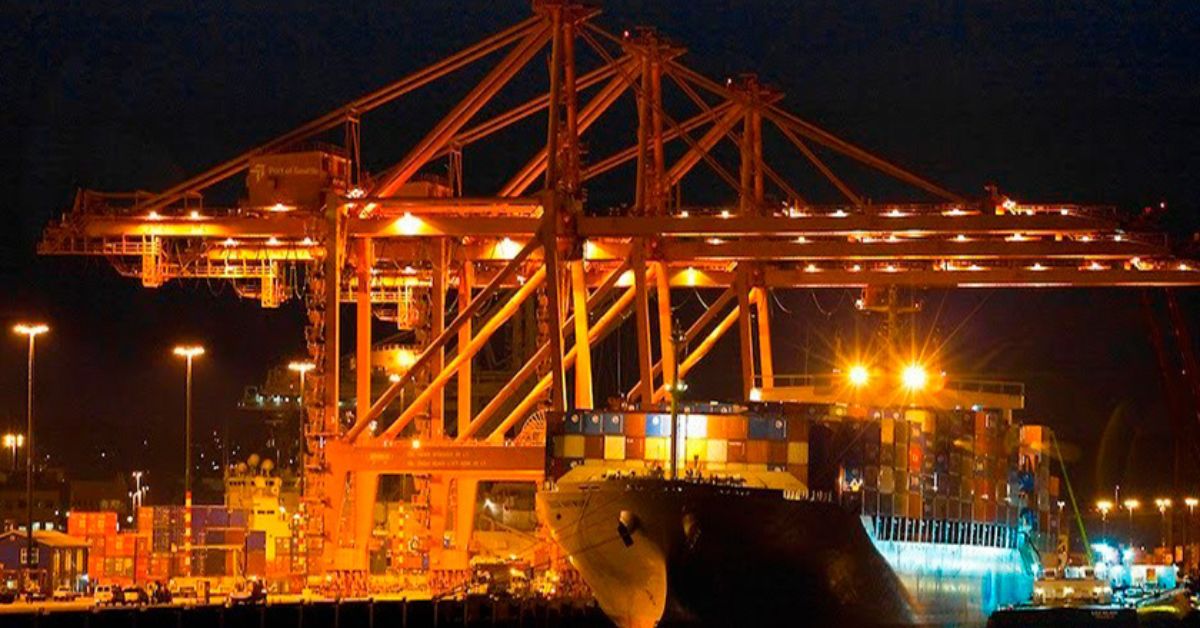The Chittagong Port Authority (CPA) began implementing its long-debated tariff increase, moving forward despite strong opposition from exporters, importers, and shipping industry representatives.
All container and cargo vessels arriving at the port are now being charged under the new tariff structure, which raises fees for various port services by an average of 41 percent. Business groups have warned that the steep hike will significantly undermine their global competitiveness.
CPA Secretary Md Omar Faruk confirmed that the revised rates were introduced in accordance with a circular issued on September 30, which instructed all registered shipping agents to deposit sufficient funds based on the updated rates before obtaining vessel clearance.
This marks the first comprehensive tariff revision in 40 years, covering charges, fees, rents, and tolls for key port operations such as container handling, vessel services, and cargo movement.
The new rates were approved by the Finance Ministry on July 24, but implementation was initially suspended following protests from the business community. The Shipping Ministry held multiple rounds of discussions with stakeholders in hopes of finding a compromise, but no breakthrough was achieved. Last month, the government decided to proceed with full enforcement of the revised tariffs from October 15.
Under the new structure, the loading and unloading charge for the most common operation—20-foot full container load (FCL) units—has surged by 56.68 percent, rising from $43.40 to $68.
On the eve of enforcement, Chattogram’s leading business associations appealed directly to Chief Adviser Prof. Muhammad Yunus, urging the government to reconsider the decision and phase in the hike more gradually.
Meanwhile, the Bangladesh Maritime Law Society has issued a legal notice to both the government and the CPA, demanding immediate withdrawal of the order, arguing that such a sudden and substantial increase is unjustified and detrimental to trade.
Despite mounting criticism, port officials maintain that the new tariff regime is necessary to reflect current operational costs, improve service quality, and ensure the financial sustainability of Bangladesh’s busiest seaport.









